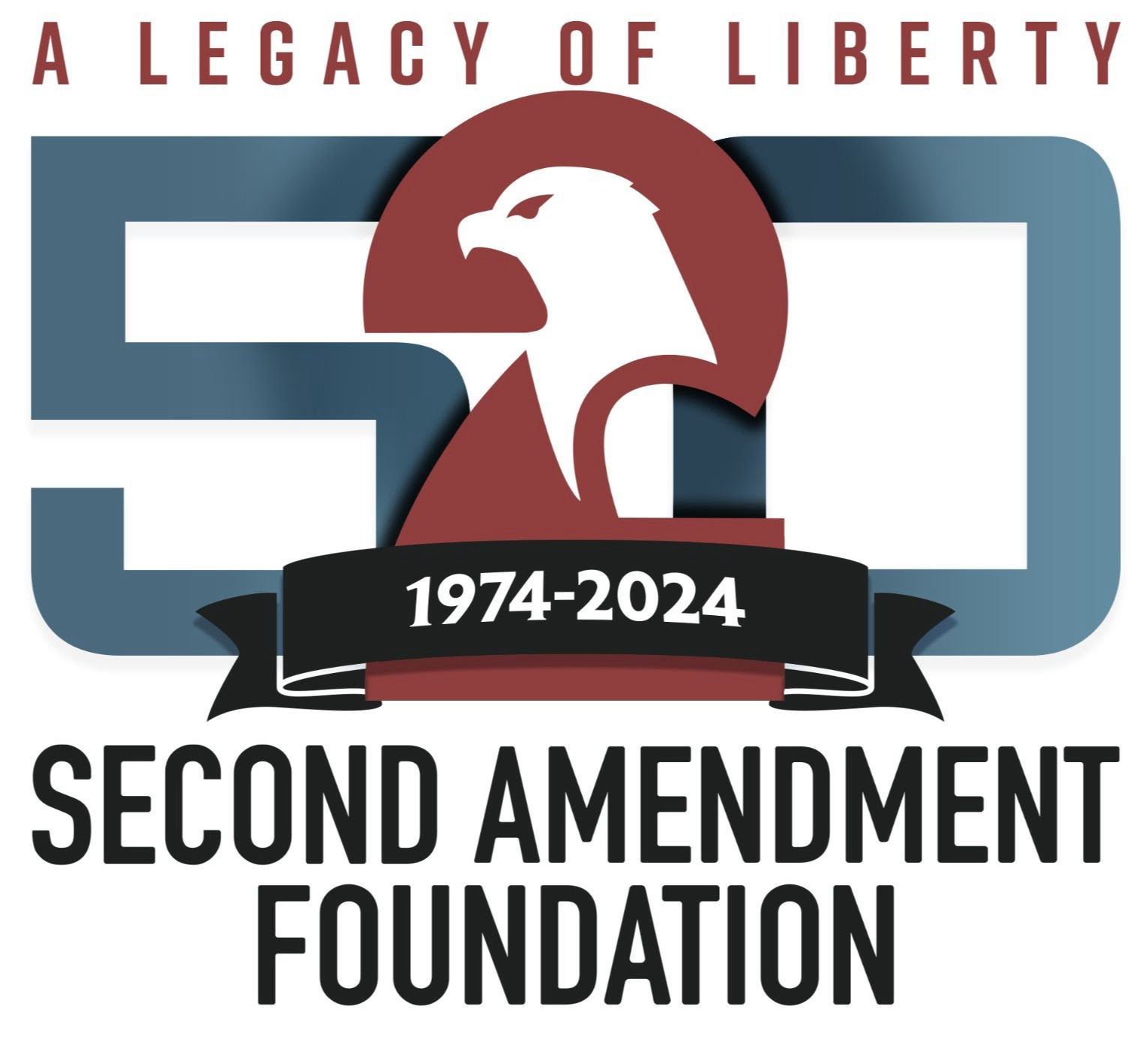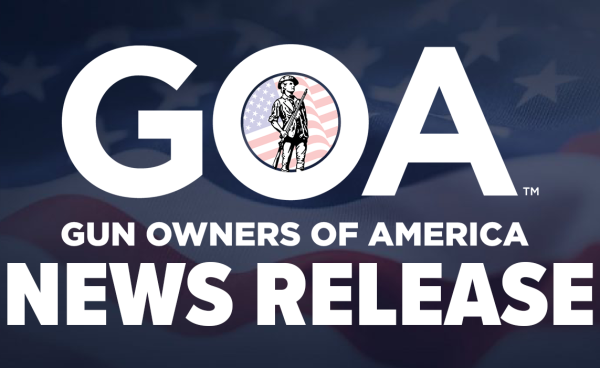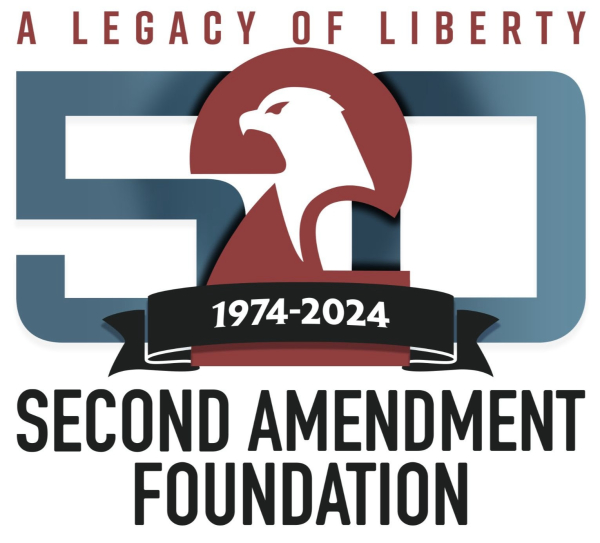Yesterday, following less than three hours of jury deliberations, Hunter Biden, the son of President Joe Biden, was found guilty by a federal court jury in Wilmington, Delaware of lying on a federal form. The form in question, the 4473 Firearms Transaction Record, is the same form that Second Amendment advocates say the president and the ATF have “weaponized” used to against gun dealers and purchasers. President Biden’s office issued a statement saying he “accepted the outcome of the case and would respect the judicial process” – adding- “as his son considers an appeal.”
Ironically, consideration of an appeal would be founded on the Supreme Court’s Bruen decision. The defense’s use of that argument, however, was insufficient to overcome testimony from Biden’s ex-wife, former girlfriend and widow of his brother, Beau, confirming that during the time when he lied on the Form 4473 in order to purchase a revolver, he was addicted to- and using- illegal drugs.
The federal charges against Hunter Biden focused on a form all gun owners are familiar with: the 4473 Firearms Transaction Record. It was question 11e that made Biden’s revolver purchase illegal.
Sentencing should take place within 120 days of a verdict, meaning Biden’s punishment should be announced before the November elections where his father will be seeking a second term.
Industry Response:
Mark Oliva, Managing Director, Public Affairs, NSSF
“……NSSF has been a consistent supporter of keeping guns out of the hands of those who should not possess them, whether that be a prohibited individual, an unsupervised child or someone suffering a mental health crisis. Hunter Biden’s admission that he was illegally using controlled substances and addicted to illicit drugs at the time of his firearm purchase clearly demonstrates that he was a prohibited individual at the time he purchased the firearm and lied on the ATF Form 4473 when he attested he was not using illicit drugs.
Alan Gottlieb, Citizens Committee for the Right to Keep and Bear Arms
“..At some point President Biden must reflect on his half-century of gun control extremism and acknowledge that none of the laws he championed prevented his son from illegally buying a gun and being convicted of the crime in a Delaware courtroom. Meanwhile, millions of American citizens, who have committed no crimes, are nevertheless penalized daily by the laws and regulations the president and his anti-run-rights allies have supported in the misguided belief they have the moral high ground. Today proved otherwise.”
Randy Kozuch, Executive Director, NRA Institute for Legislative Action (NRA-ILA)
“The National Rifle Association has always stood for the lawful use and possession of firearms. Mr. Biden’s documented lifestyle choices at the time of purchasing a firearm made him a prohibited person under current law.”






